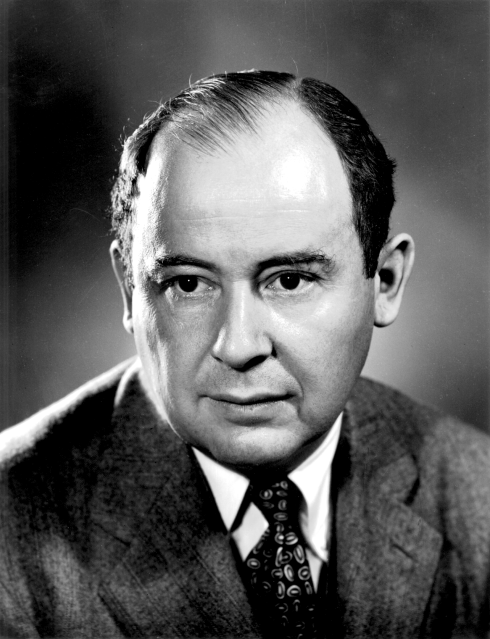BiographyHub - Biography of inventors and scientists!
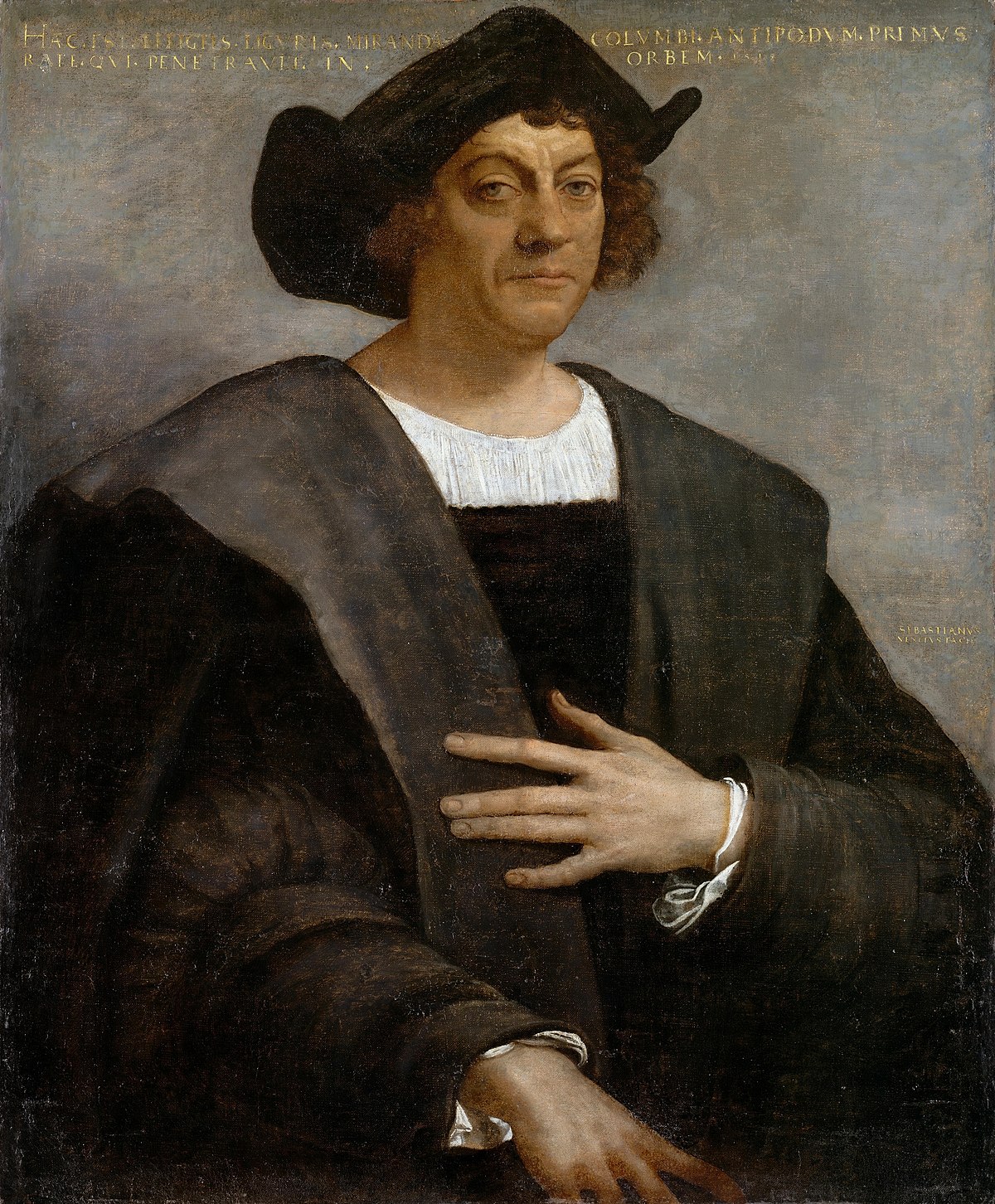
Christopher Columbus
Christopher Columbus was an Italian explorer who made four voyages across the Atlantic Ocean, leading to the European discovery and colonization of the Americas. His expeditions initiated the Columbian Exchange, a significant transfer of plants, animals, and ideas between the Old and New Worlds, marking a pivotal moment in human history.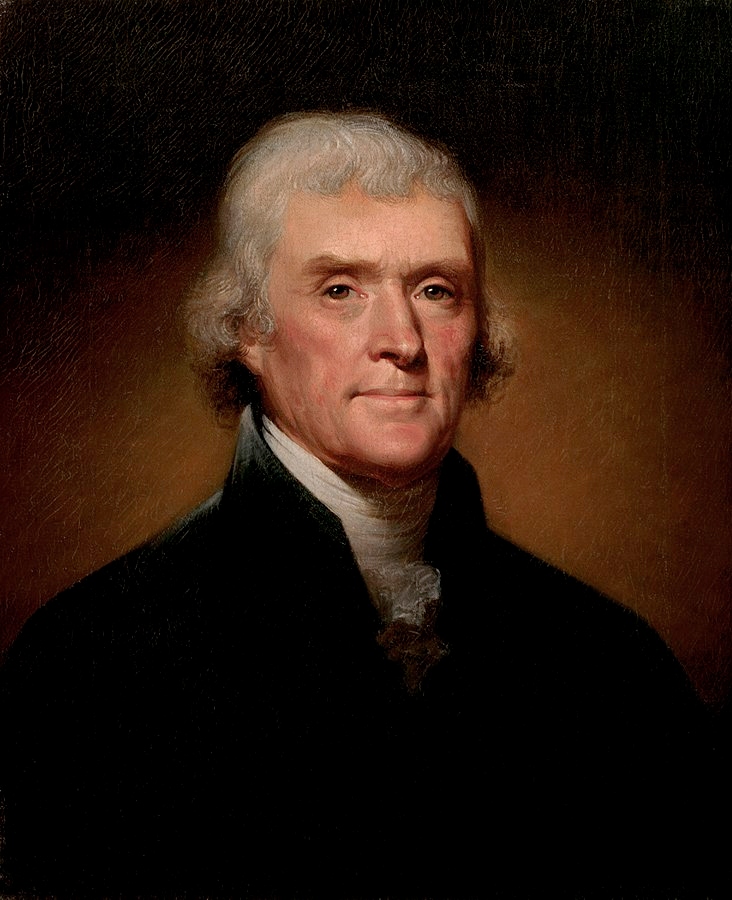
Thomas Jefferson
Thomas Jefferson was a prominent Founding Father who served as the third President of the United States from 1801 to 1809. He was the primary author of the Declaration of Independence, a staunch advocate for individual rights, and played a crucial role in shaping the early years of the American republic.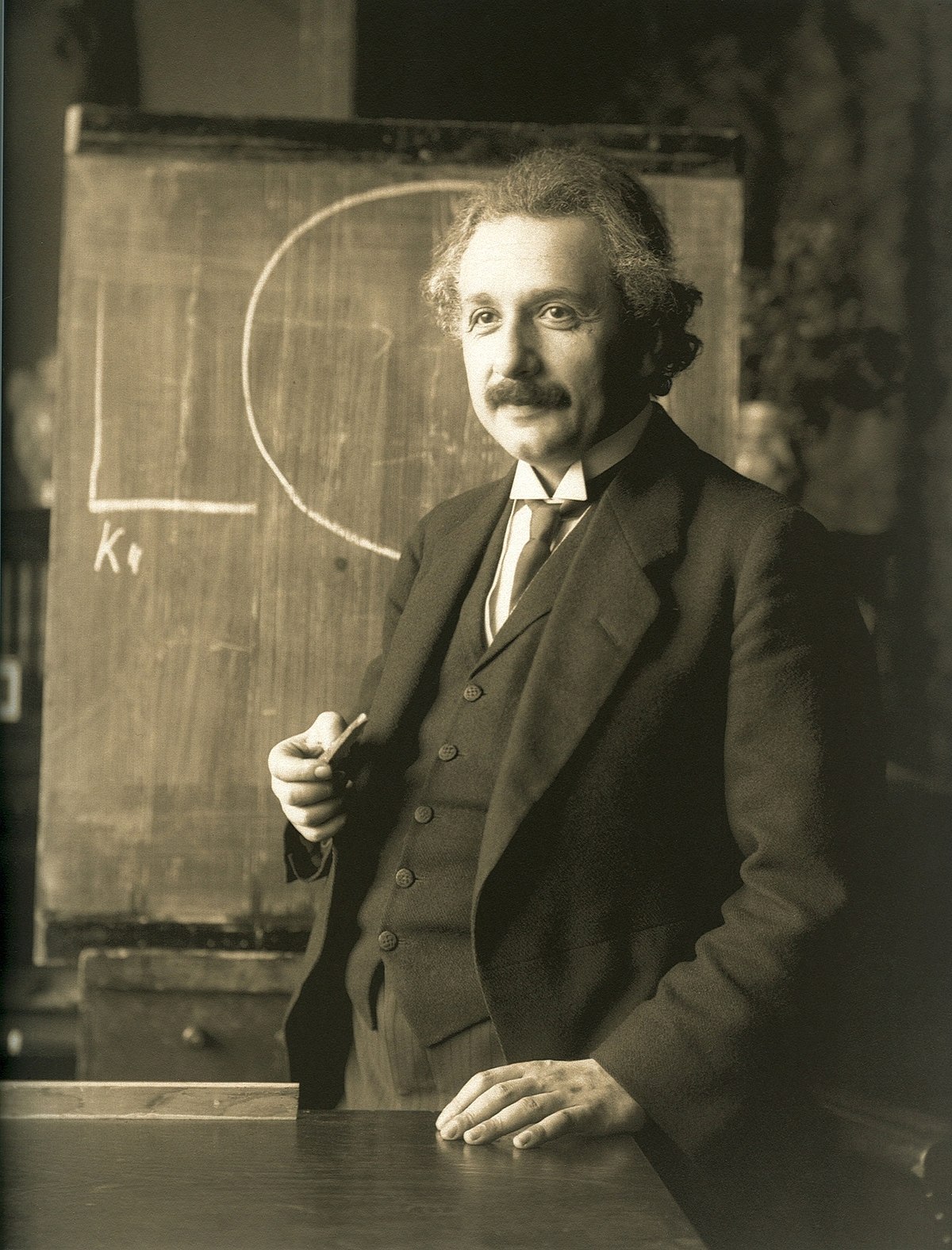
Albert Einstein
This text details the life and career of Albert Einstein, focusing on his groundbreaking contributions to physics, including the theory of relativity. It explores his personal life, academic journey, and the impact his work had on the scientific understanding of the universe.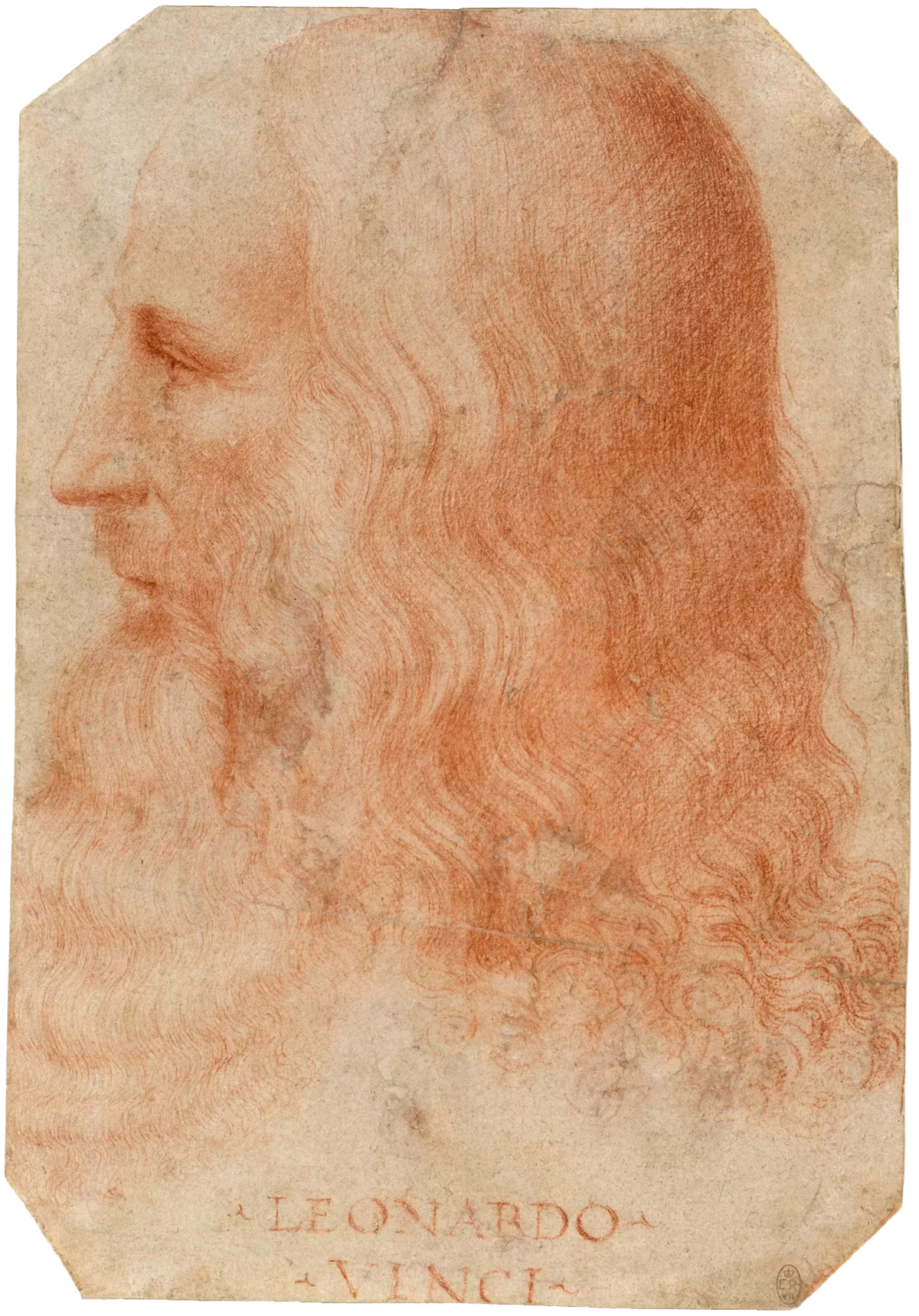
Leonardo da Vinci
Leonardo da Vinci was an Italian polymath of the High Renaissance, renowned for his achievements in painting, drawing, engineering, science, and more. He is considered a genius who epitomized the Renaissance humanist ideal, leaving behind a vast body of work that continues to inspire and influence artists and thinkers today.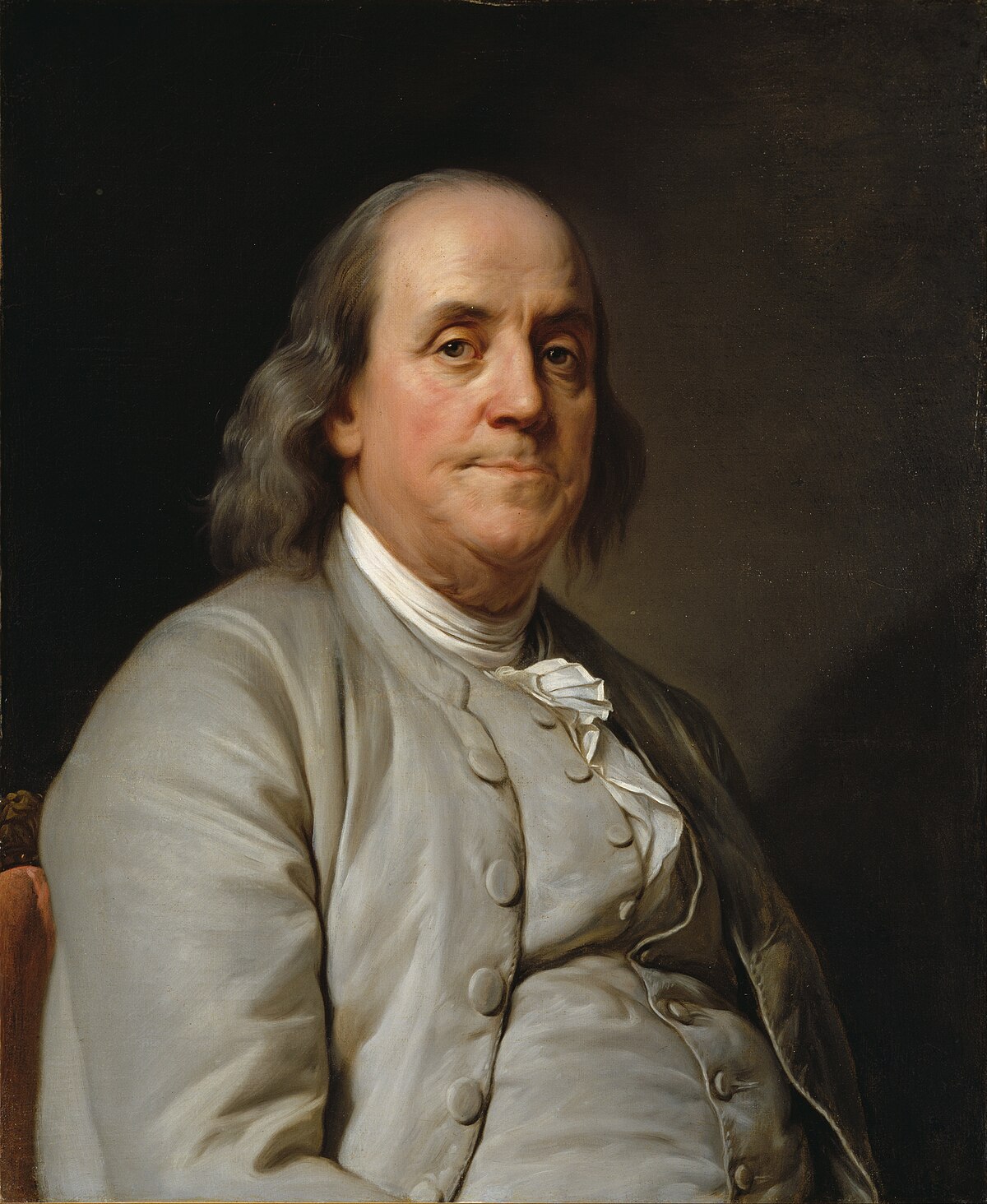
Benjamin Franklin
This text provides a comprehensive biography of Benjamin Franklin, highlighting his multifaceted career as a writer, scientist, inventor, statesman, and diplomat. It explores his pivotal role in the American Revolution, his contributions to science and innovation, and his lasting impact on American society.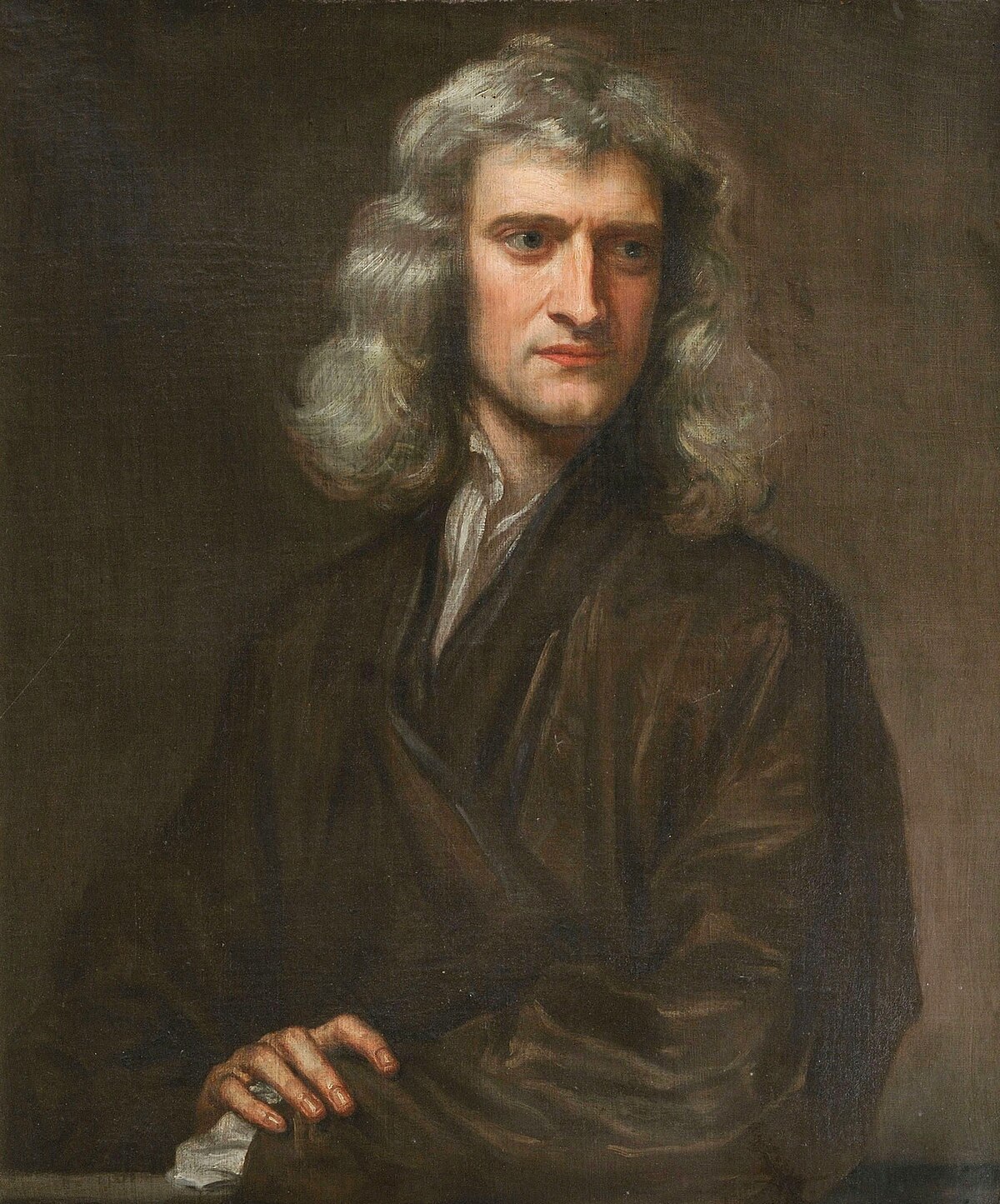
Isaac Newton
Sir Isaac Newton was a renowned English polymath who made significant contributions to mathematics, physics, astronomy, and optics during the Scientific Revolution. His groundbreaking work, including the laws of motion and universal gravitation, laid the foundation for classical mechanics and shaped scientific thought for centuries. Newton also developed calculus, built the first practical reflecting telescope, and made significant discoveries in the field of optics.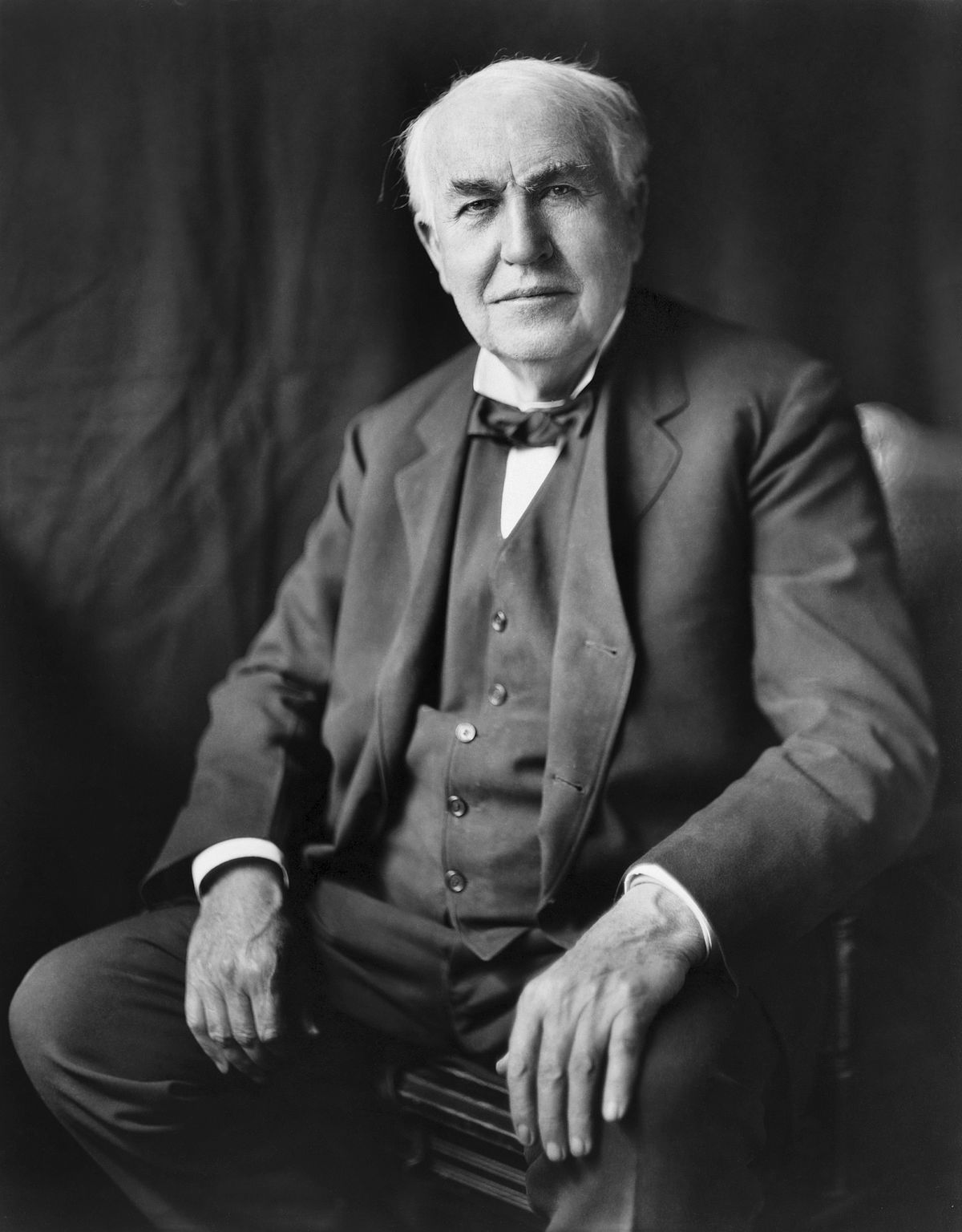
Thomas Edison
This biography chronicles the life and groundbreaking inventions of Thomas Edison, a prolific inventor who revolutionized fields such as electric lighting, sound recording, and motion pictures. From his early career as a telegraph operator to establishing the first industrial research laboratory in Menlo Park, Edison's relentless pursuit of innovation left an indelible mark on the modern world.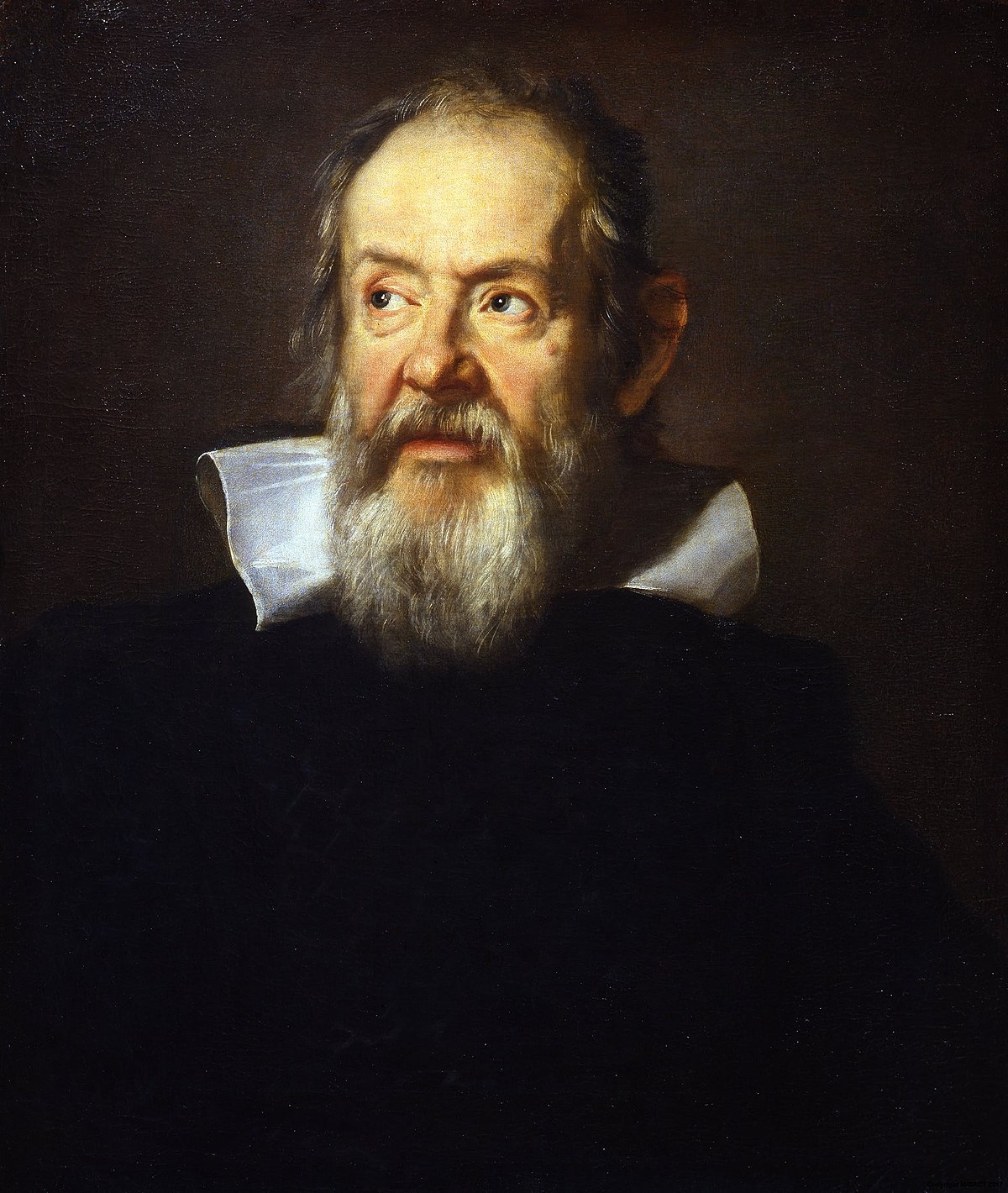
Galileo Galilei
Galileo Galilei was a renowned Italian astronomer, physicist, and engineer who revolutionized scientific thought through his observations and theories. He championed Copernican heliocentrism, made groundbreaking discoveries with the telescope, and developed theories on motion and gravity, ultimately solidifying his position as a father of modern science.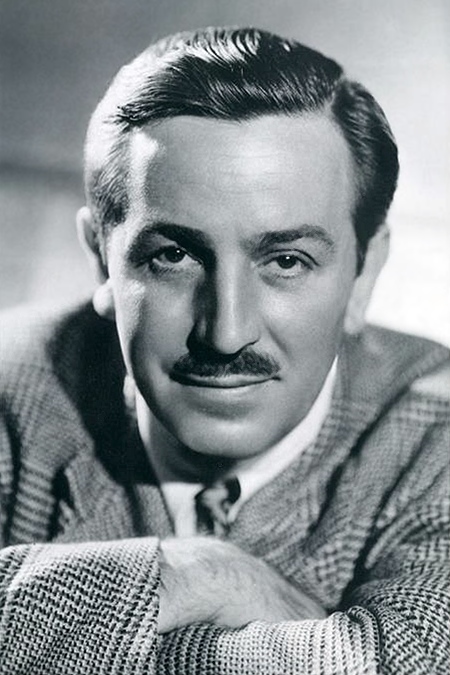
Walt Disney
Walt Disney was an American animator, film producer, and entrepreneur who revolutionized the animation industry with groundbreaking creations like Mickey Mouse and Snow White. He also established Disneyland, a groundbreaking theme park that expanded his empire into entertainment and leisure, solidifying his legacy as one of the most influential cultural figures of the 20th century.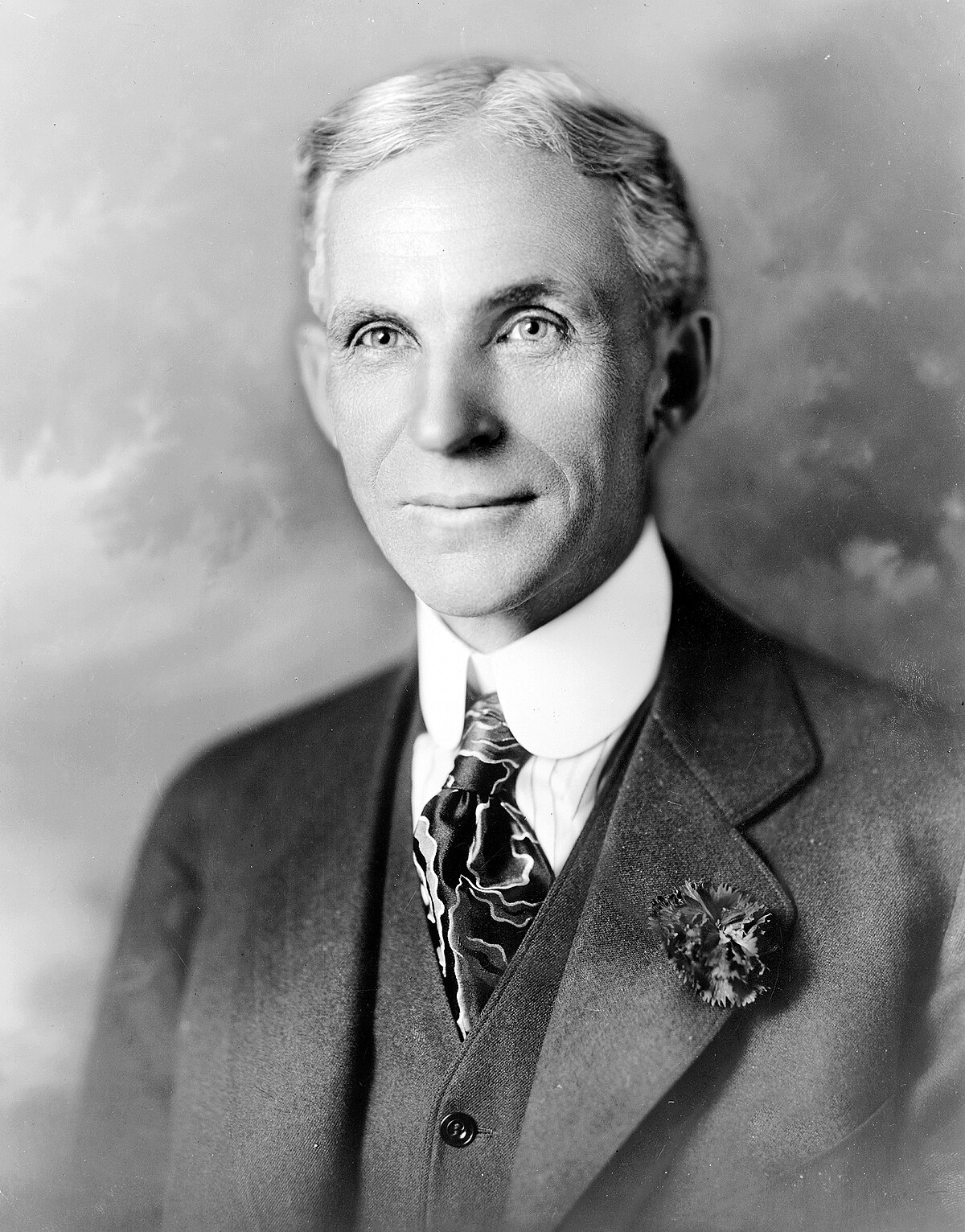
Henry Ford
Henry Ford revolutionized the automotive industry with his Model T and mass production techniques. His innovative ideas shaped American business practices, but he also held controversial views on labor unions, antisemitism, and warfare. Ford's complex legacy is explored in this text.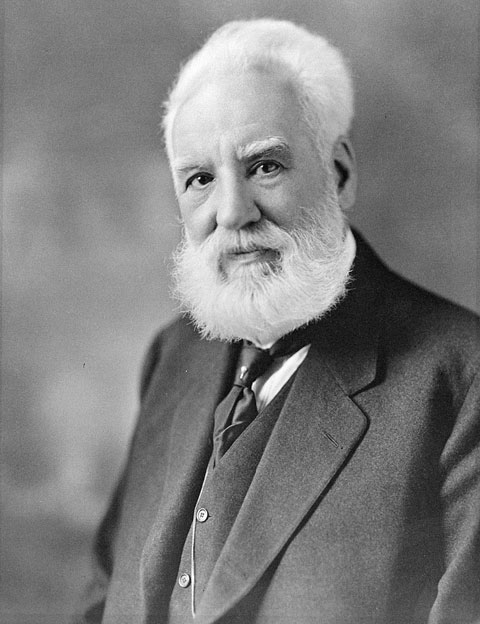
Alexander Graham Bell
This biography details the life and career of Alexander Graham Bell, a Scottish-born inventor best known for his invention of the telephone. It explores his early interest in sound transmission, his work with the deaf, and the intense race to patent the telephone, highlighting the challenges and triumphs in his journey.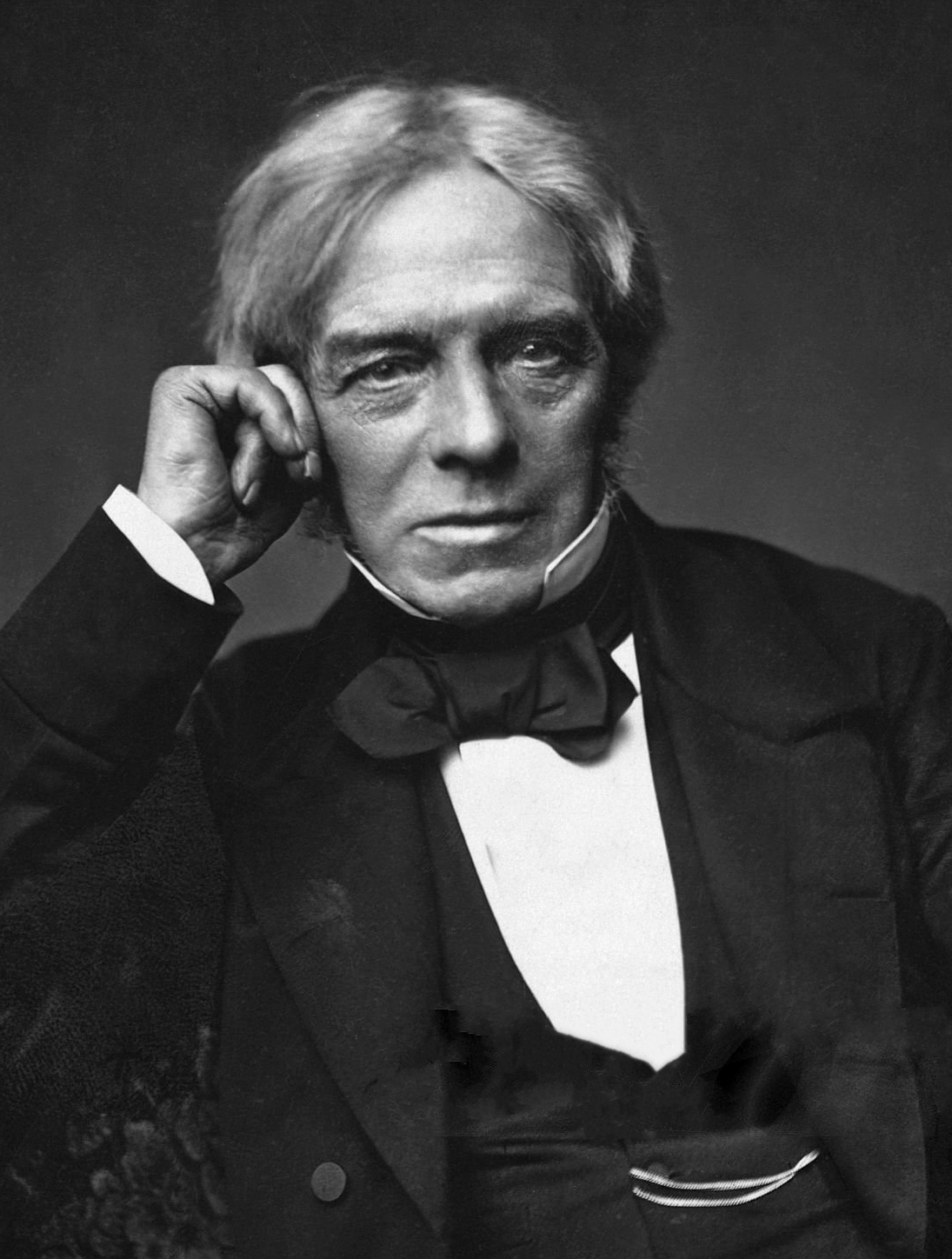
Michael Faraday
Michael Faraday was a self-taught English scientist who made groundbreaking discoveries in electromagnetism and electrochemistry. His work on electromagnetic induction, diamagnetism, and electrolysis laid the foundation for modern electrical technology, and he also made significant contributions to chemistry, including the discovery of benzene.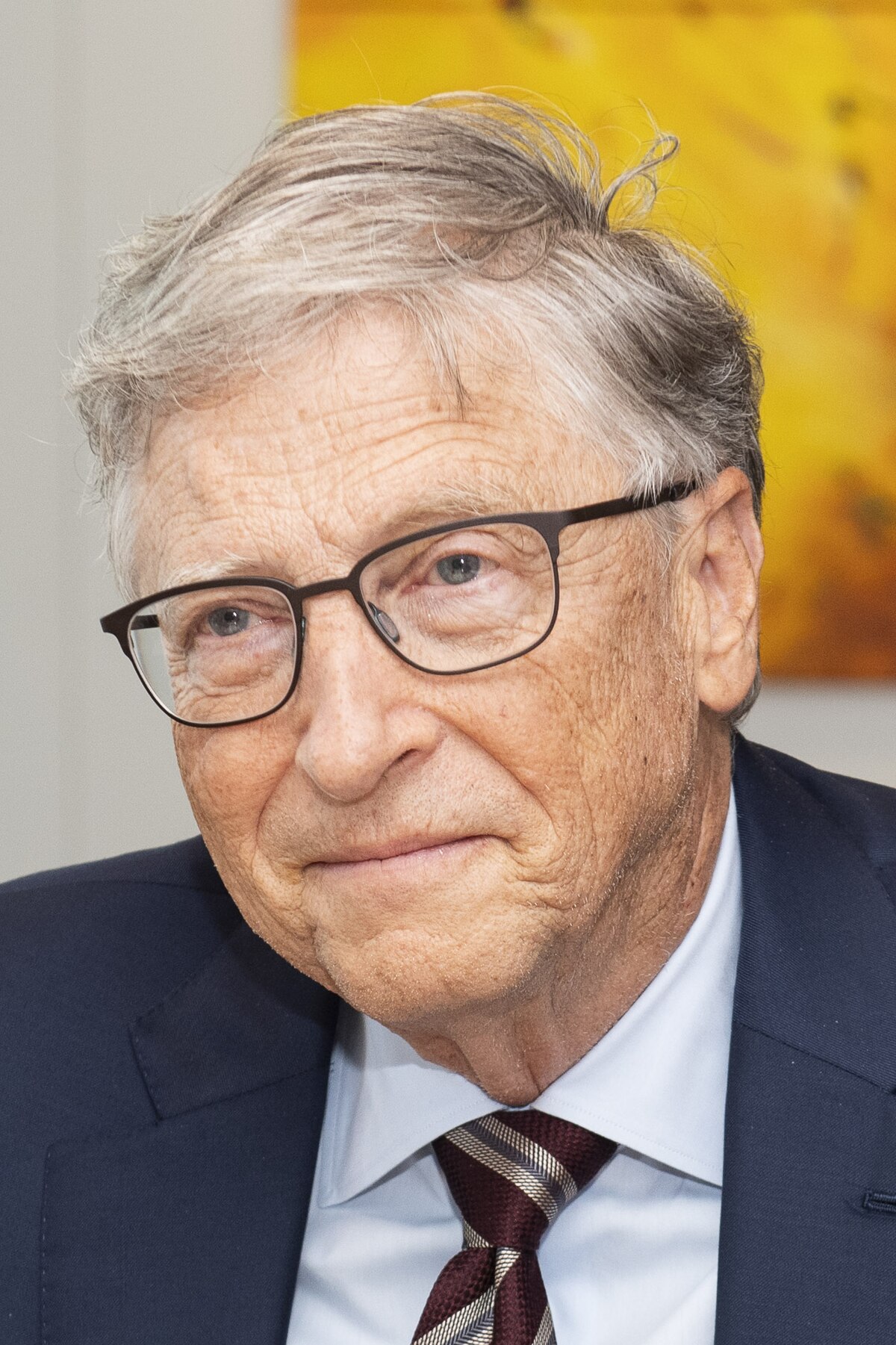
Bill Gates
Bill Gates, co-founder of Microsoft, is a prominent figure in the tech world known for his business acumen and innovative spirit. After transitioning away from day-to-day operations at Microsoft, he has dedicated himself to philanthropy, focusing on global health, climate change, and education through the Bill & Melinda Gates Foundation and various other initiatives.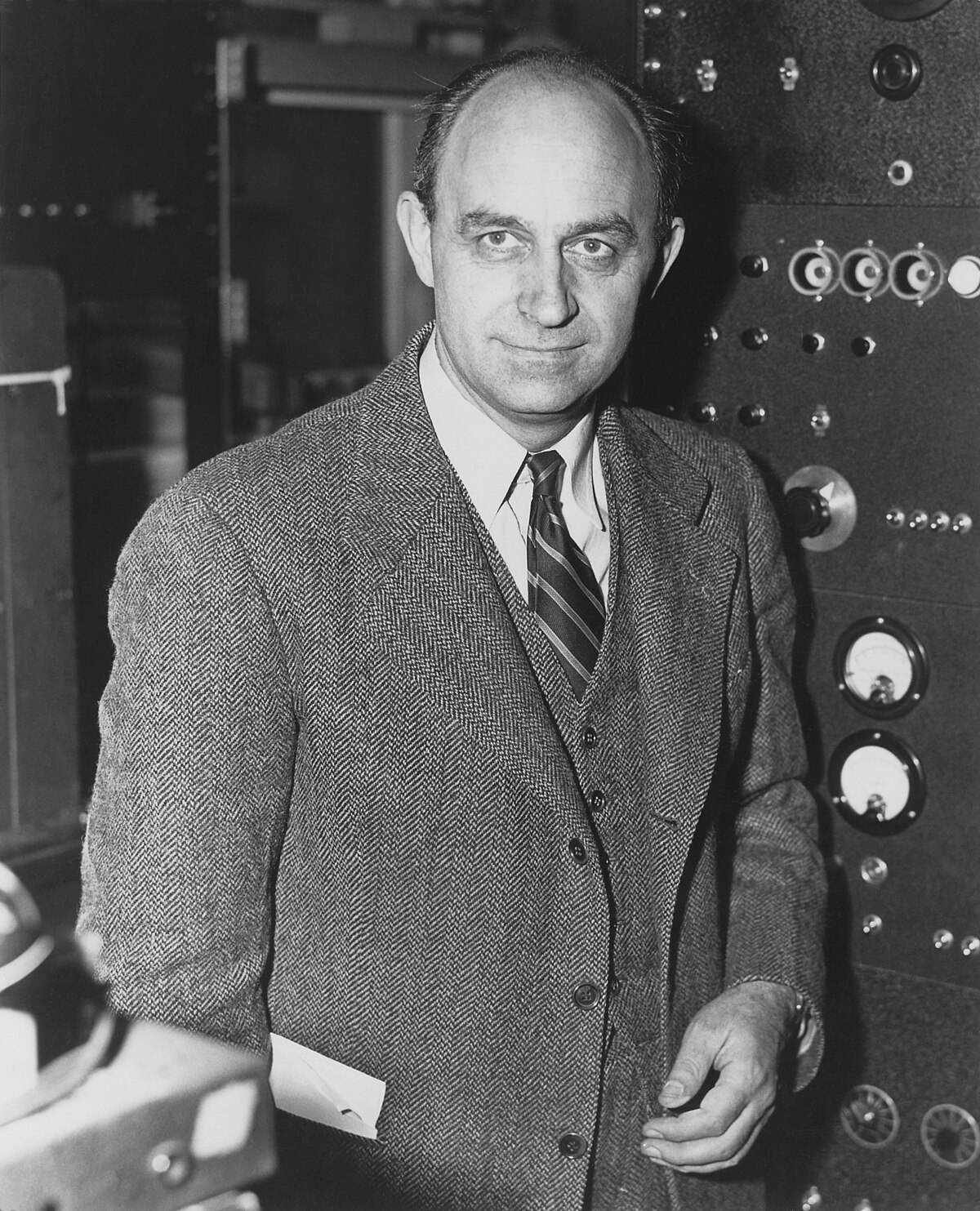
Enrico Fermi
Enrico Fermi was a brilliant Italian-American physicist renowned for his contributions to nuclear physics, including the creation of the first nuclear reactor and his role in the Manhattan Project. He made significant discoveries in areas like statistical mechanics, quantum theory, and the weak interaction, earning him the Nobel Prize in Physics in 1938.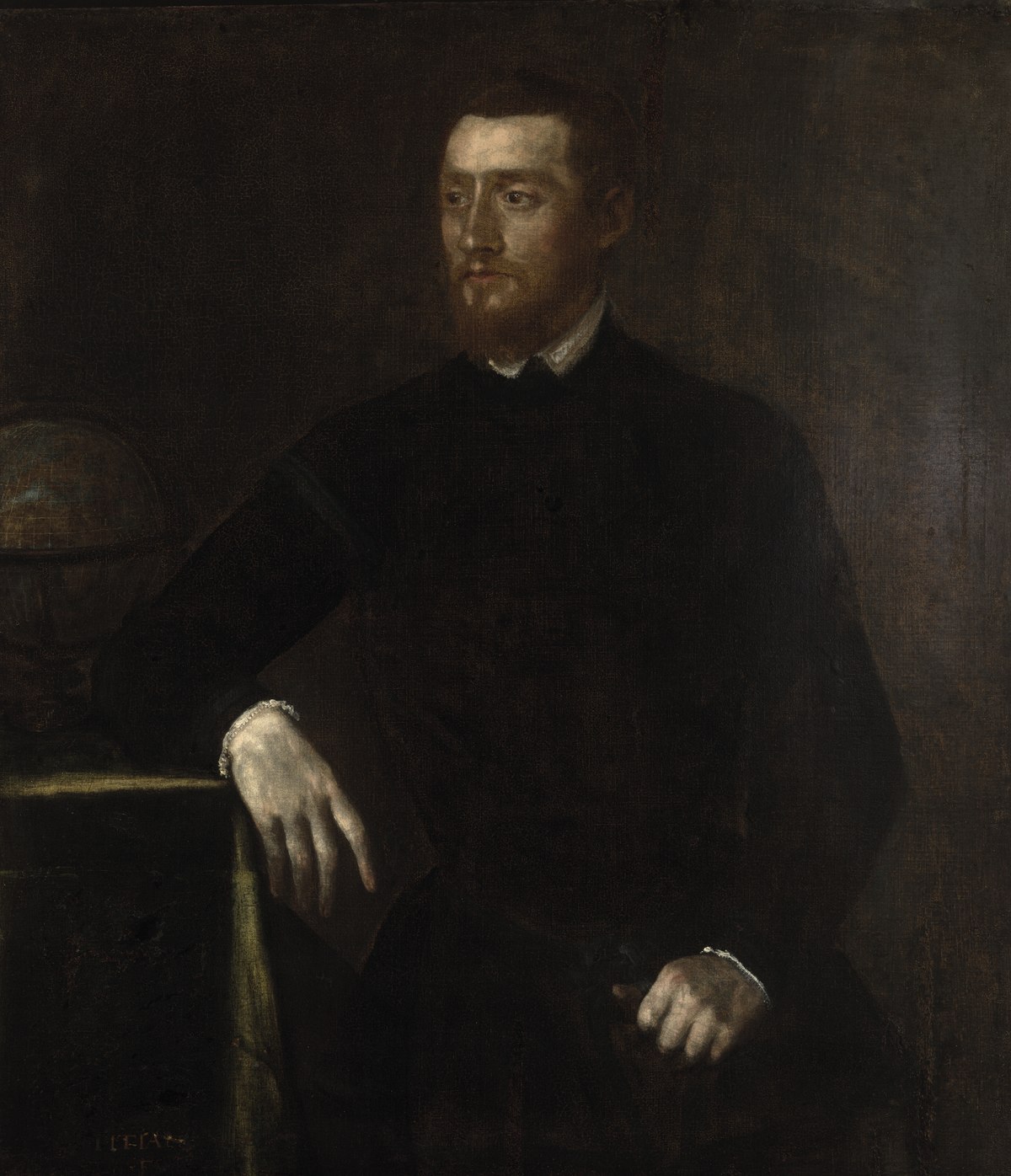
Gerardus Mercator
Gerardus Mercator, a Flemish cartographer, is renowned for his contributions to mapmaking, including the creation of the Mercator projection, which revolutionized navigation. He also coined the term "Atlas" for a collection of maps and was a pioneer in the use of italic script in cartography.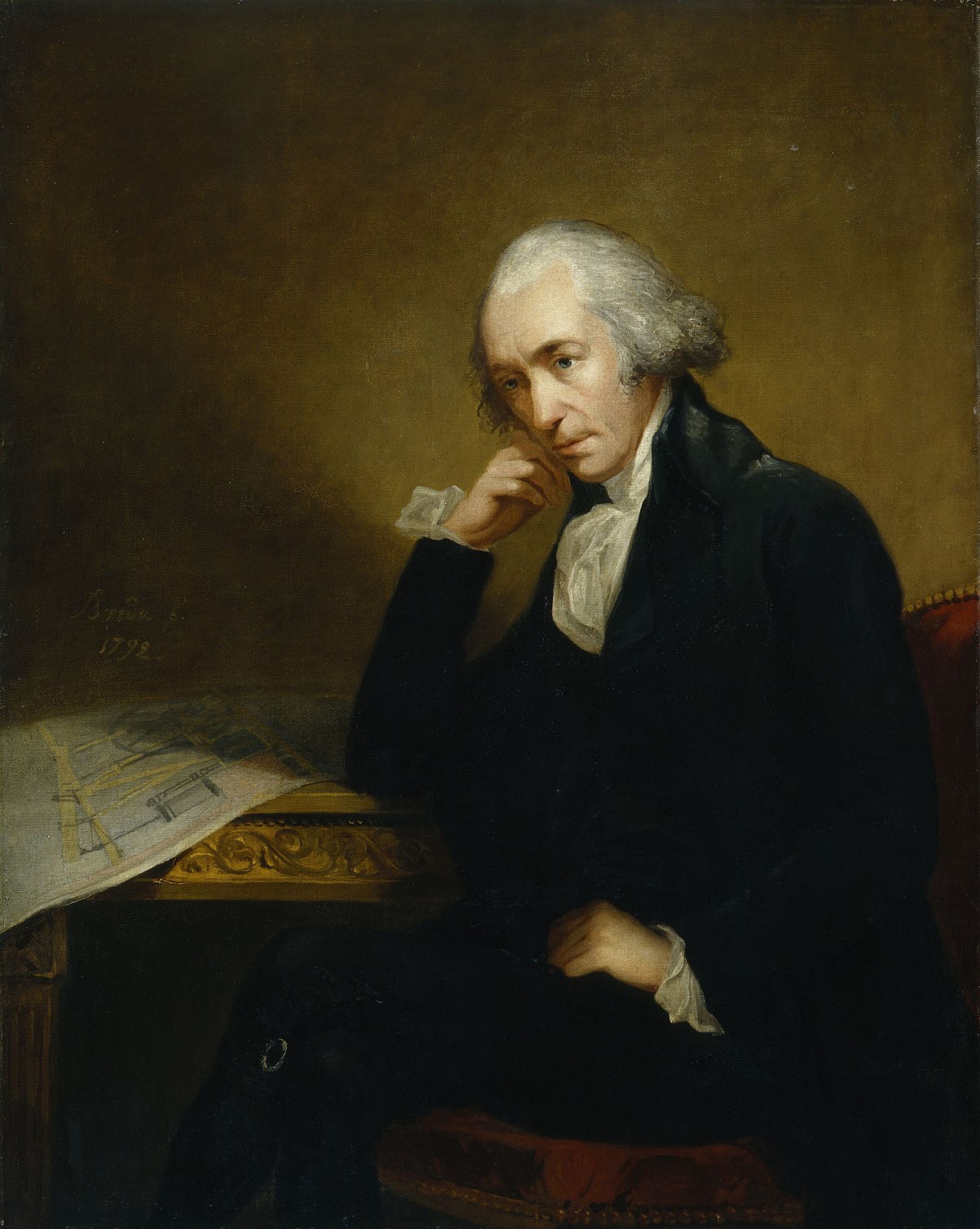
James Watt
James Watt was a Scottish inventor and engineer who revolutionized the Industrial Revolution by significantly improving the efficiency of the steam engine. His groundbreaking inventions, such as the separate condenser and the rotary motion adaptation, made the steam engine a powerful and versatile tool for various industries, shaping the world as we know it today.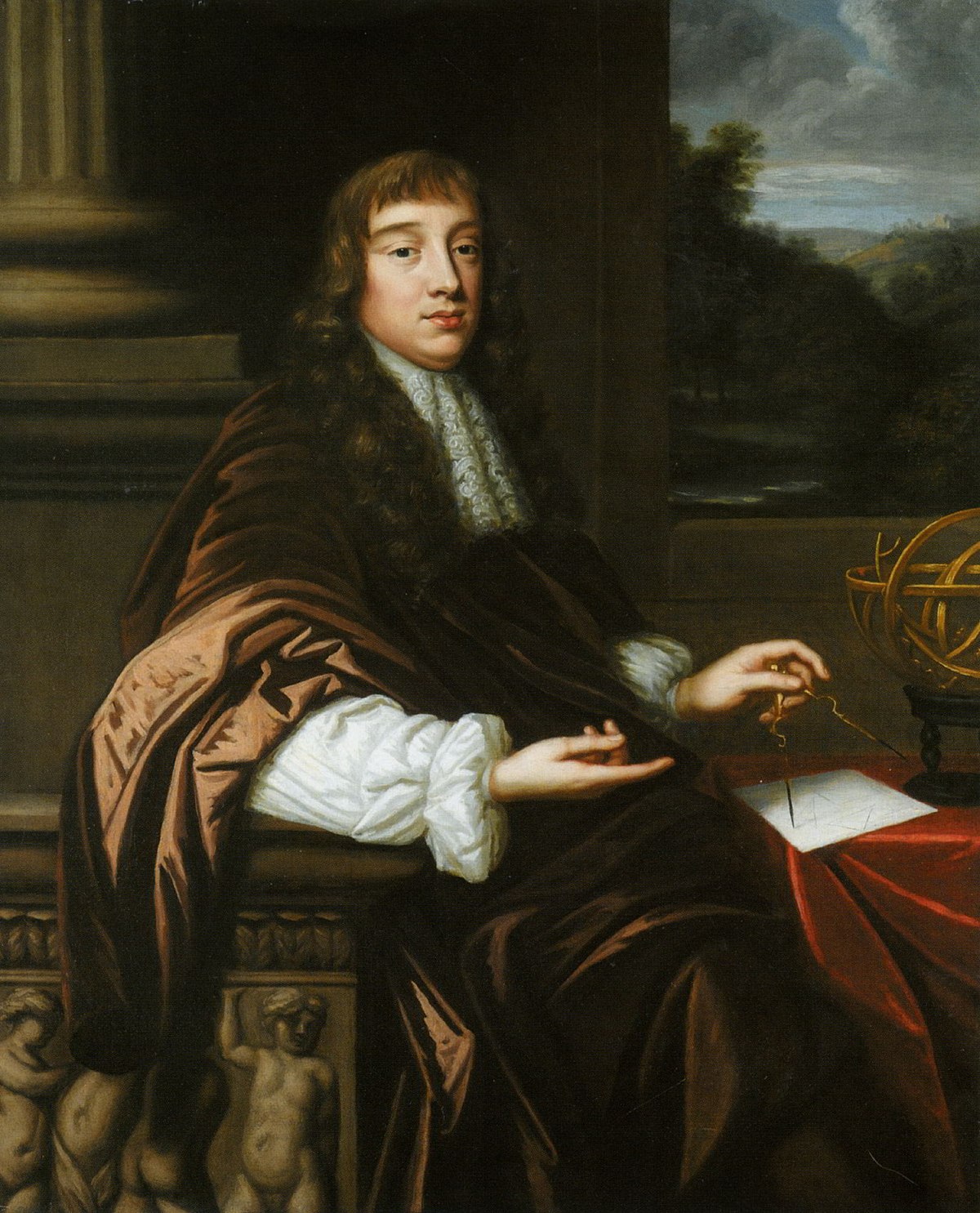
Robert Hooke
Robert Hooke, an English polymath of the 17th century, made significant contributions to various scientific fields, including physics, astronomy, microscopy, and geology. He is renowned for his discovery of the law of elasticity, his pioneering work in microscopy, and his contributions to the understanding of gravitation.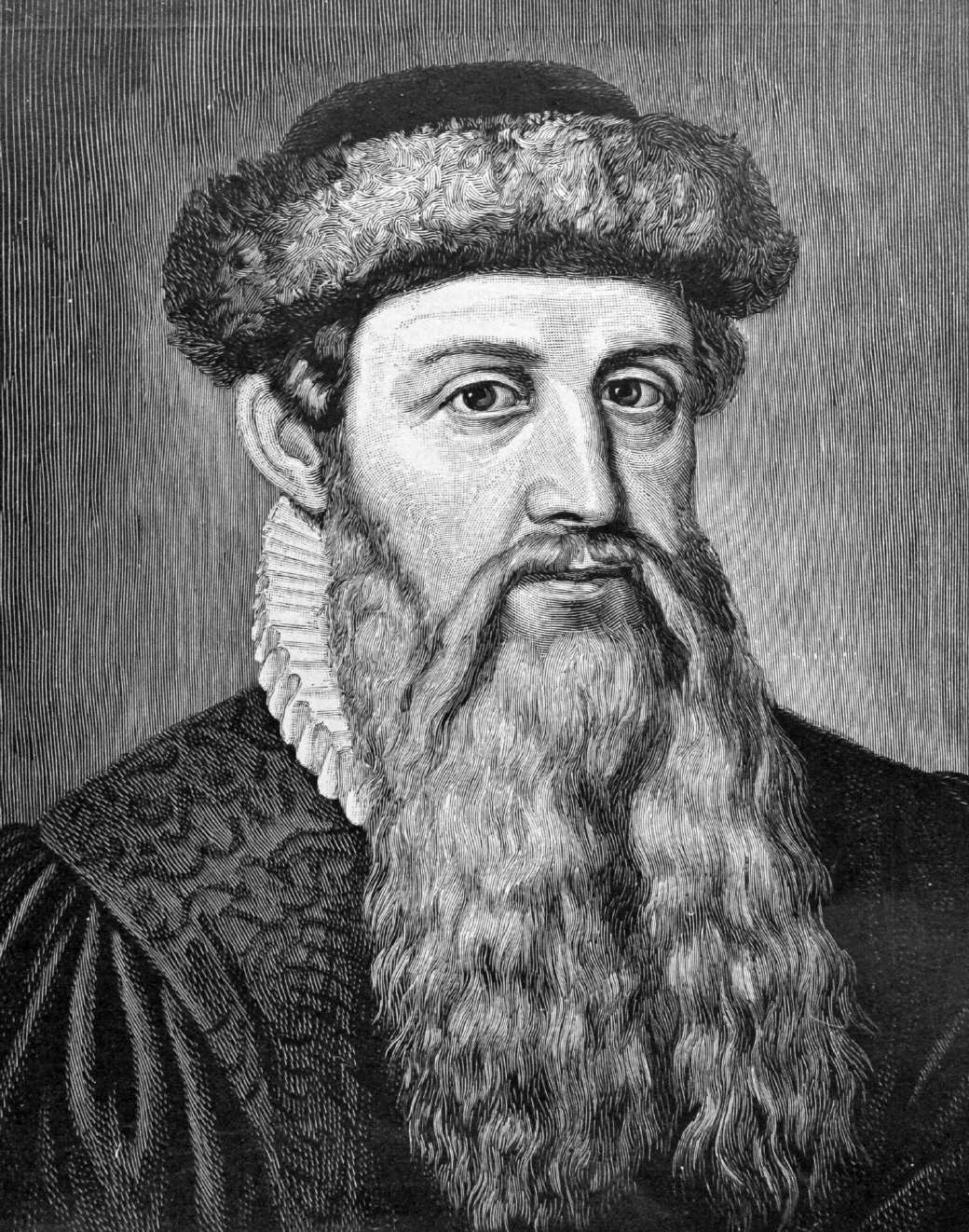
Johannes Gutenberg
Johannes Gutenberg, a 15th-century German inventor and craftsman, revolutionized communication by inventing the movable-type printing press. His invention, which spread rapidly across Europe, enabled mass production of books, significantly contributing to the Renaissance, Reformation, and the spread of knowledge. Gutenberg's impact on history is undeniable, earning him recognition as one of the most influential figures in human history.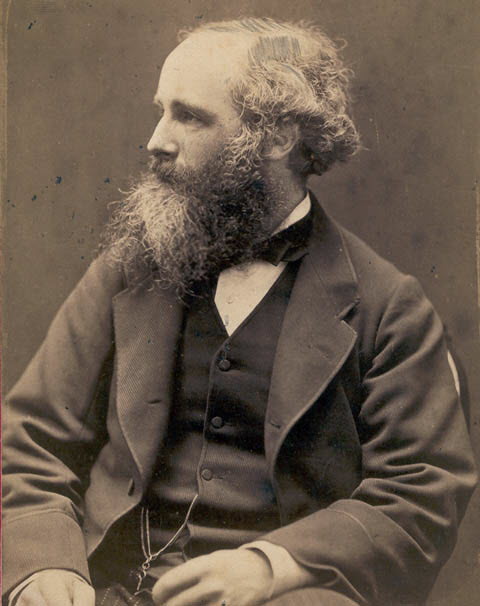
James Clerk Maxwell
James Clerk Maxwell was a Scottish physicist who revolutionized our understanding of electricity, magnetism, and light. He unified these phenomena into a single theory, predicted the existence of radio waves, and made significant contributions to the kinetic theory of gases and other fields. His work laid the foundation for modern physics, including special relativity and quantum mechanics.